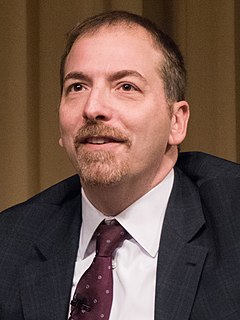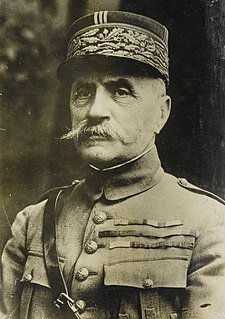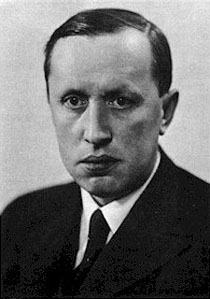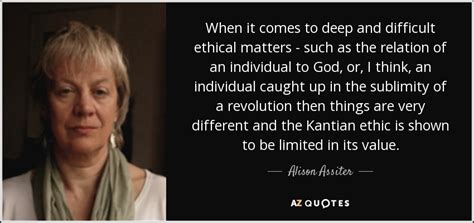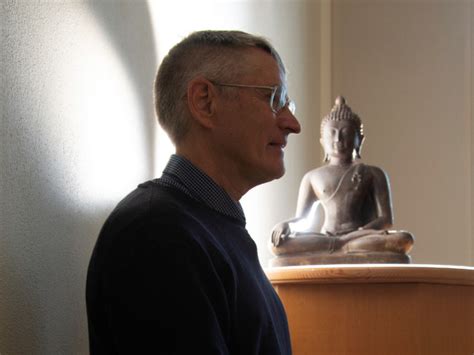A Quote by Gavin Newsom
I act on my principles, whether they're popular or not.
Quote Topics
Related Quotes
Principles always have natural consequences attached to them. There are positive consequences when we live in harmony with the principles. There are negative consequences when we ignore them. But because these principles apply to everyone, whether or not they are aware, this limitation is universal. And the more we know of correct principles, the greater is our personal freedom to act wisely.
I have never made it a consideration whether the subject was popular or unpopular, but whether it was right or wrong; for that which is right will become popular, and that which is wrong, though by mistake it may obtain the cry or fashion of the day, will soon lose the power of delusion, and sink into disesteem.
All the same, the fundamental truths which govern that art are still unchangeable; just as the principles of mechanics must always govern architecture, whether the building be made of wood, stone, iron or concrete; just as the principles of harmony govern music of whatever kind. It is still necessary, then, to establish the principles of war.
May it not be asked of every intelligent friend to the liberties of his country, whether the power exercised in such an act as this ought not to produce great and universal alarm? Whether a rigid execution of such an act, in time past, would not have repressed that information and communication among the people which is indispensable to the just exercise of their electoral rights? And whether such an act, if made perpetual, and enforced with rigor, would not, in time to come, either destroy our free system of government, or prepare a convulsion that might prove equally fatal to it?






